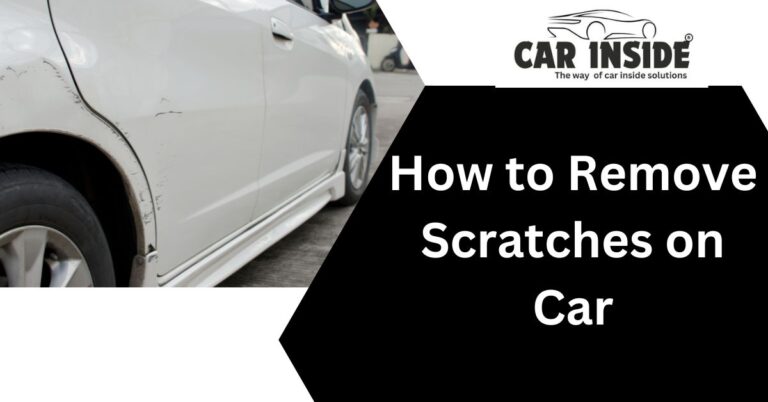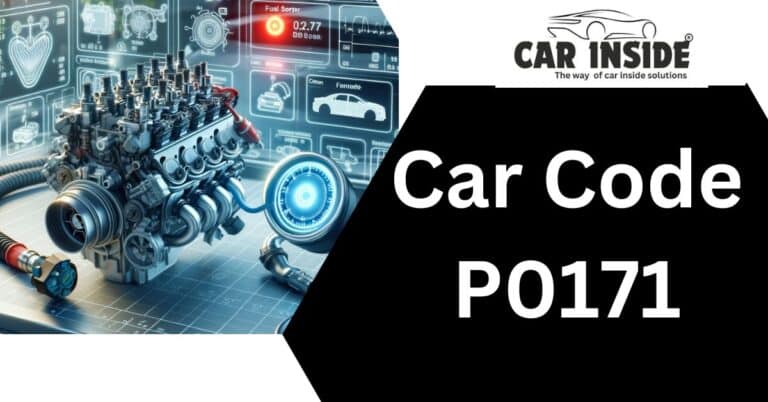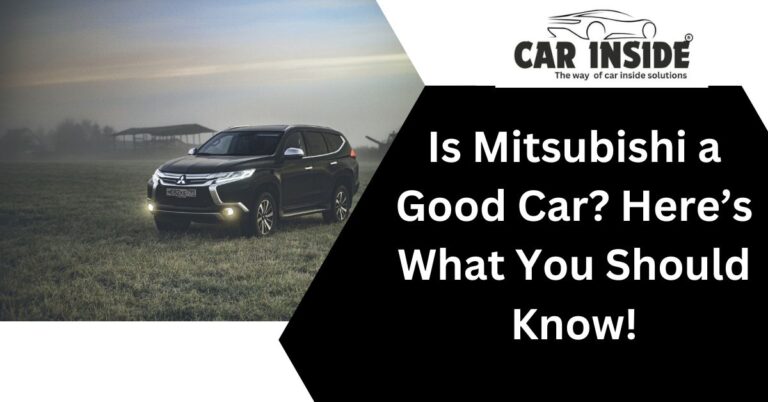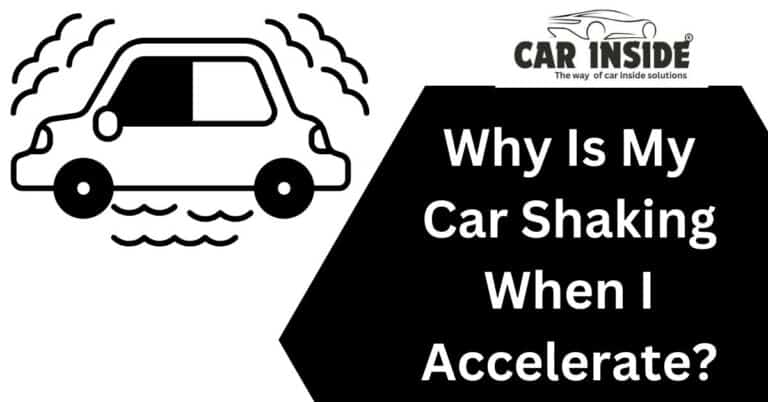Do You Need Full Coverage on a Financed Used Car?
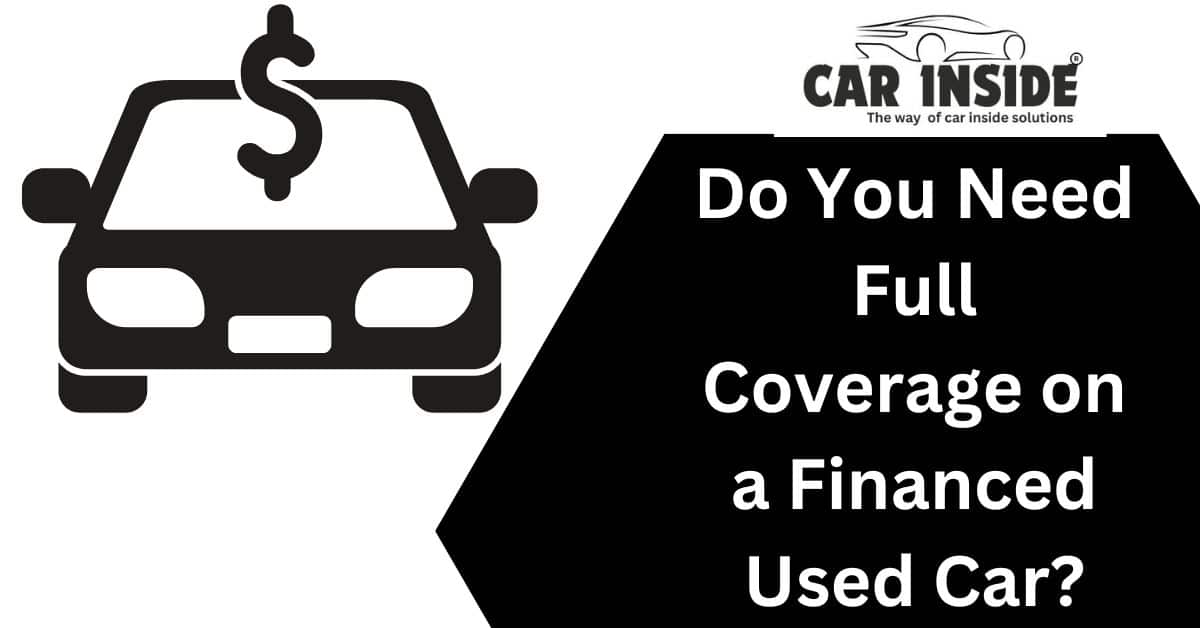
When you finance a used car, getting the right insurance is an important step. Most lenders require full coverage insurance, which includes liability, collision, and comprehensive coverage. This type of insurance protects you if something happens to your car, like an accident, theft, or damage from natural disasters. For instance, if your financed car is worth $20,000, full coverage ensures you won’t be stuck paying for expensive repairs or replacements alone. While it costs more than basic insurance, the added protection offers peace of mind and keeps you financially secure.
Comparing liability insurance and full coverage insurance for financed used cars:
| Feature | Liability Insurance | Full Coverage Insurance |
|---|---|---|
| Definition | Covers damages you cause to others’ property or injuries to others. | Includes liability, collision, and comprehensive coverage to protect you and your car. |
| Lender Requirement | Not sufficient for financed vehicles. | Required by most lenders for financed cars. |
| Covers Your Car? | No. | Yes, includes collision and non-collision events. |
| Examples of Coverage | Other driver’s medical bills, repairs to their car. | Repairing your car after an accident, theft, or storm damage. |
| Cost (Average Annual) | $650 | $1,771 |
| Protection Against Theft | No. | Yes. |
| Damage From Accidents | Only for others’ vehicles/property. | Covers both your car and others’ property. |
| Best For | Paid-off cars or drivers with limited budgets. | Financed vehicles or cars with high value. |
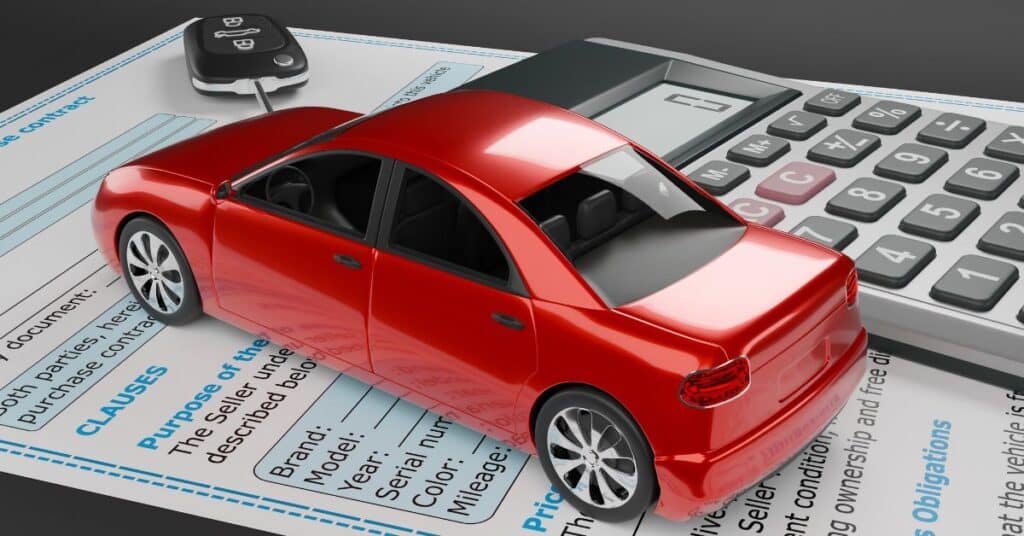
What is full coverage insurance?
Full coverage typically includes liability, collision, and comprehensive coverage. It protects you from damage to other vehicles, your car, and non-collision events like theft or natural disasters.
Why is full coverage important for financed cars?
Most lenders require full coverage to protect their financial interest in the vehicle until the loan is fully paid.
Does every lender require full coverage?
Yes, nearly all lenders require full coverage on financed vehicles, whether new or used, to ensure their asset is protected.
What happens if you don’t have full coverage on a financed car?
The lender may purchase force-placed insurance at a higher cost, which you’ll be required to pay.
Is full coverage more expensive for used cars?
Not necessarily. The cost of full coverage depends on the car’s value, age, and risk factors like your driving record.
Can I drop full coverage once my car loan is paid off?
Yes, after the loan is paid, you can choose to only carry the minimum required liability insurance in your state.

Are there exceptions to needing full coverage?
If your lender explicitly states you don’t need full coverage (rare), you might be exempt.
What is the role of GAP insurance with financed cars?
GAP insurance covers the difference between what you owe on the loan and the car’s current market value in case of a total loss.
How is comprehensive different from collision coverage?
Comprehensive covers non-collision events (e.g., theft, weather damage), while collision covers damages from accidents involving other vehicles or objects.
Can the car’s value affect the cost of full coverage?
Yes, higher-value vehicles typically have more expensive premiums due to increased repair or replacement costs.
Does full coverage cover mechanical breakdowns?
No, mechanical issues are typically covered by a warranty, not insurance.

How can I lower full coverage costs for a financed car?
Opt for higher deductibles, maintain a clean driving record, and shop for discounts from insurers.
Is it illegal to not have full coverage on a financed car?
It’s not illegal, but it violates your loan agreement and can lead to penalties or repossession.
What are typical deductible amounts for full coverage?
Deductibles range from $250 to $1,000. Higher deductibles lower premiums but increase out-of-pocket costs in a claim.
Do insurance requirements differ for leased vs. financed cars?
Both require full coverage, but leased cars may also require higher liability limits or additional protections.
Can you finance a car without insurance?
No, lenders won’t finalize a loan without proof of the required insurance.
Does your credit score affect full coverage rates?
Yes, in most states, a poor credit score can increase premiums due to perceived risk.
What happens if you total a financed car without full coverage?
You’ll be personally responsible for paying off the loan balance and any damages.
Are there state-specific requirements for financed car insurance?
While states have minimum liability requirements, lenders mandate full coverage regardless of the state.
Can full coverage be customized?
Yes, you can adjust limits and add optional coverages like roadside assistance or rental car reimbursement.
Having full coverage insurance for a financed used car is a smart way to protect your vehicle and your finances. It covers situations like car accidents, weather damage, or even vandalism, ensuring both you and your lender are protected. For example, if you finance a 2018 Toyota Corolla, valued at $15,000, full coverage will cover repair costs if something unexpected happens. While the premiums may be higher, options like higher deductibles, insurance bundling, and good driver discounts can help make it more affordable. Until you pay off your loan, full coverage is the best way to stay confident and safe on the road.


